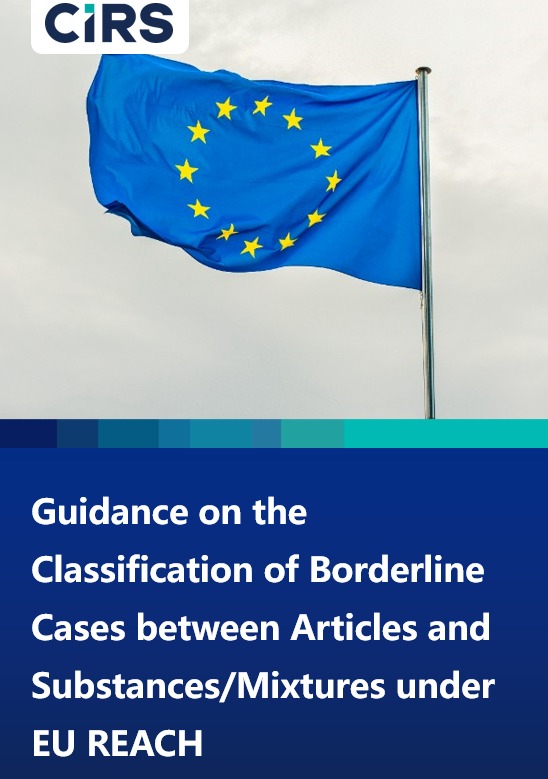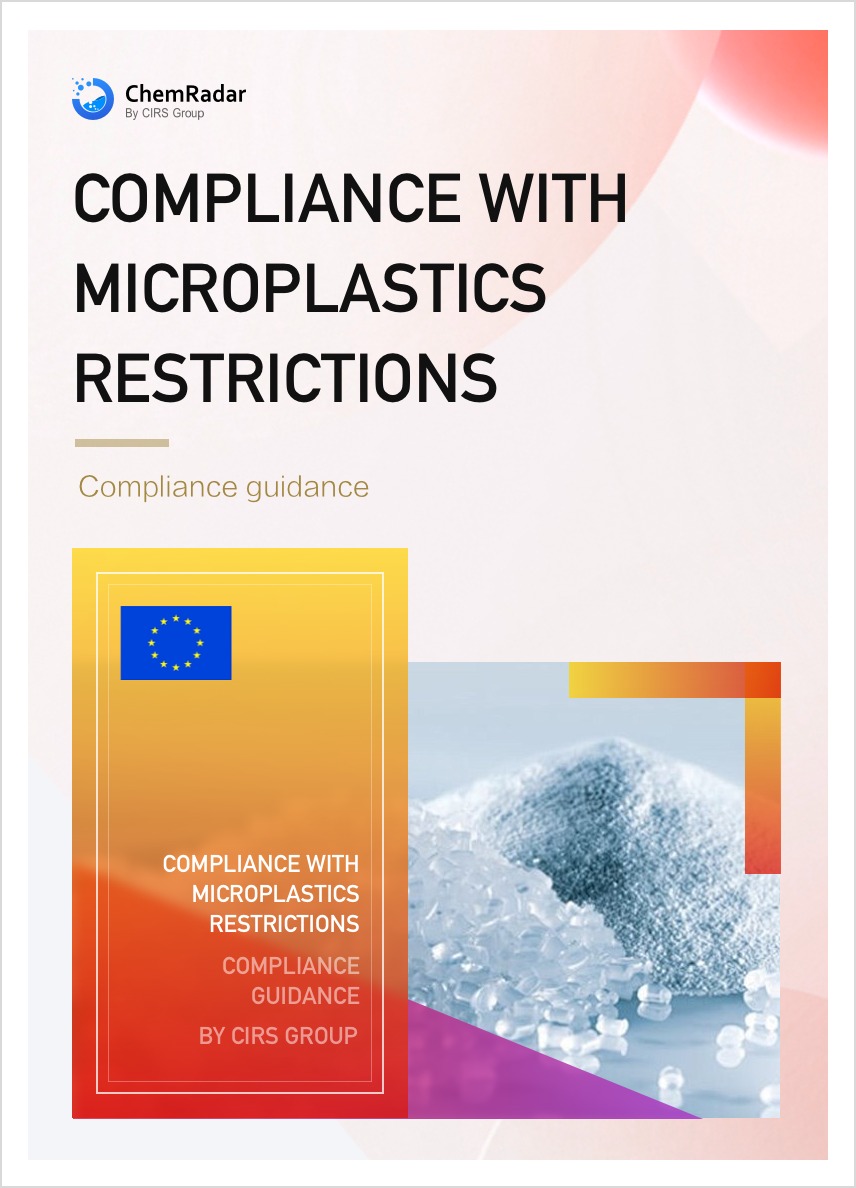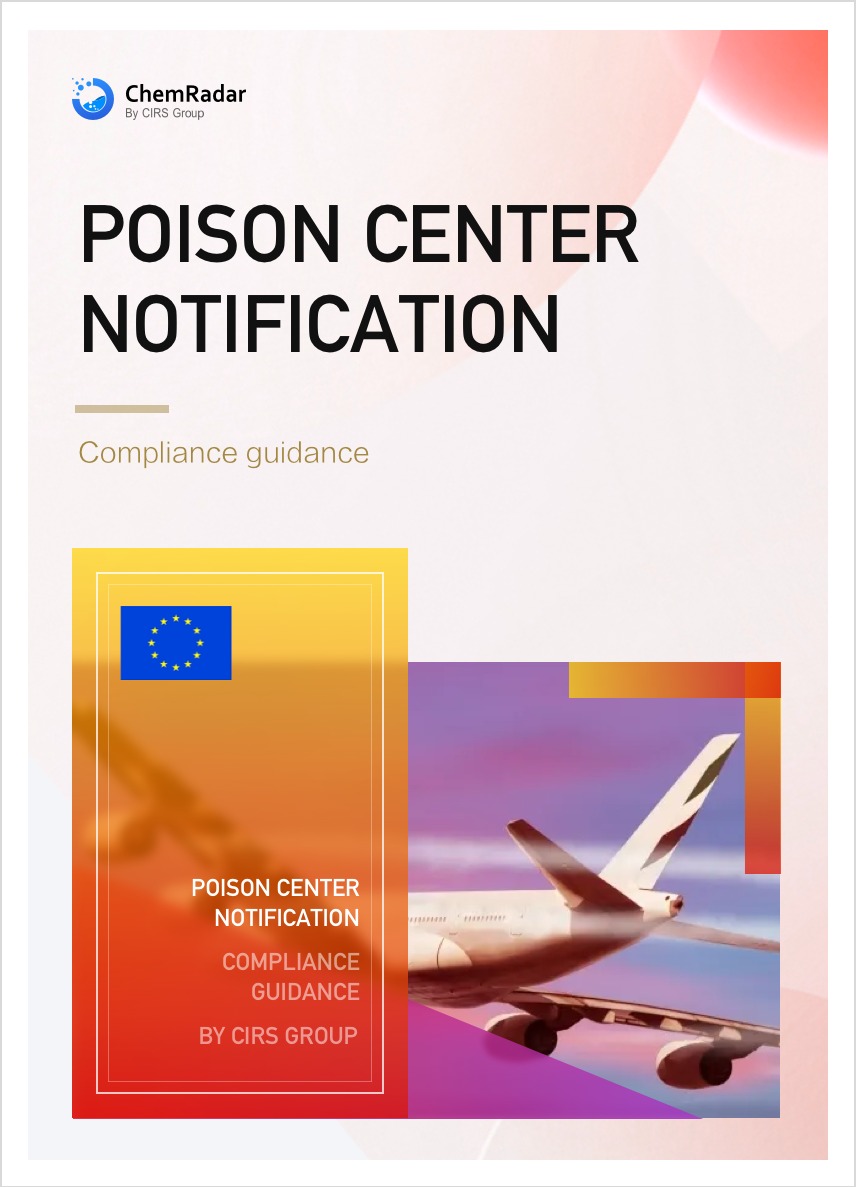On September 25, 2025, the Official Journal of the European Union published Regulation (EU) 2025/1930, amending Regulation (EU) 2019/1021, to formally include "Dechlorane Plus" and its isomers in the Persistent Organic Pollutants (POPs) list. The regulation imposes a comprehensive ban on their manufacture, placement on the market, and use, while granting exemptions for aerospace, defense, medical imaging, radiotherapy equipment, and critical spare parts, among others, for specified periods.
Amendment Details
1. Phased Concentration Limits
- Before April 15, 2028, the concentration of Dechlorane Plus and its isomers in substances, mixtures, or articles shall not exceed 1000 mg/kg (0.1%).
- From April 15, 2028 onward, the concentration shall not exceed 1 mg/kg (0.0001%).
2. Exemptions
(a) Aerospace, space, and defense applications, until February 26, 2030;
(b) Medical imaging applications, until February 26, 2030;
(c) Radiotherapy equipment and devices, until February 26, 2030;
(d) Spare parts and repairs for the following products (where Dechlorane Plus was initially used during production):
(i) Land motor vehicles;
(ii) Fixed industrial machinery for agriculture, forestry, and construction;
(iii) Marine, garden, forestry, and outdoor power equipment not covered under (ii);
(iv) Aerospace and defense applications;
(v) Instruments for analysis, measurement, control, monitoring, testing, production, and inspection;
Until the end of their service life or December 31, 2043, whichever comes earlier.
(e) Spare parts and repairs for the following products (where Dechlorane Plus was initially used during production):
(i) Medical devices and accessories falling under Regulation (EU) 2017/745;
(ii) In vitro diagnostic medical devices and accessories falling under Regulation (EU) 2017/746;
Until the end of their service life.
The regulation will enter into force on the 20th day following its publication and will be directly applicable in all Member States. The European Commission will reassess the possibility of extending the first three categories of exemptions by April 1, 2028.
Further Information




